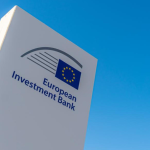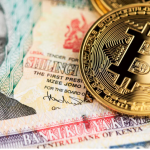Carbon farming and its profitability for local farmers
Kenyan farmers can boost profits and fight climate change through carbon farming, which enhances soil health and earns income via carbon credits. While promising, challenges include high startup costs, limited awareness, market access, and land tenure issues. Demand for credits is growing, creating new opportunities for sustainable agriculture.







